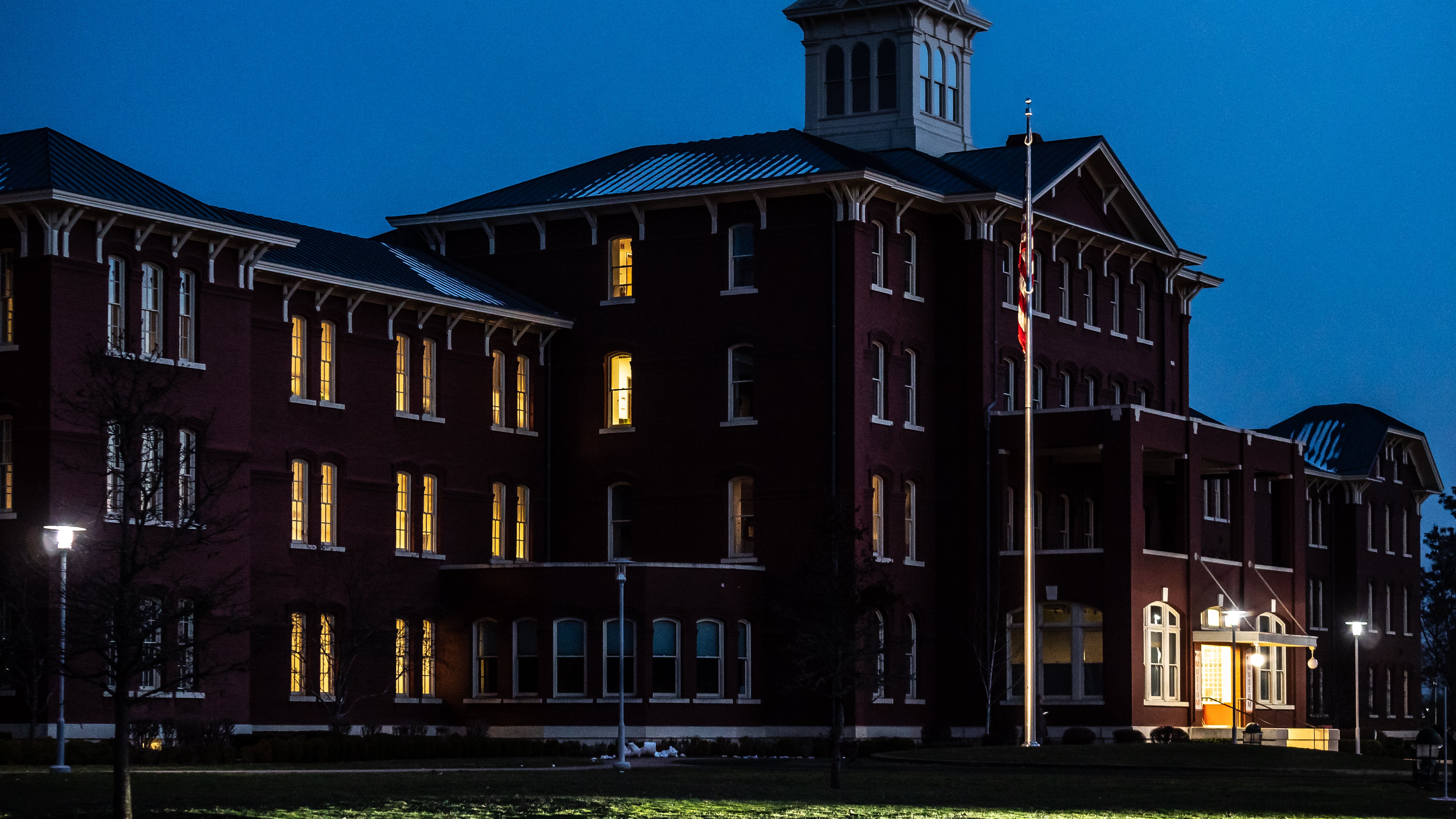Inspectors working on behalf of the federal agency that administers Medicaid have concluded that Oregon’s state-run psychiatric hospital is failing to keep its patients safe from violence and sexual assaults.
The Oregon Health Authority announced it had received an inspectors’ report from the Centers for Medicare and Medicaid Services, but offered few details about what they found. WW obtained a copy of the report shortly thereafter.
The 102-page document details a series of assaults and possible incidents of sexual abuse among patients—as well as the errors by administrators and staff that enabled them. Inspectors substantiated four complaints involving patients and identified other deficiencies, which if not fixed could jeopardize the hospital’s ability to bill Medicare.
“The cumulative effect of these systemic failures,” the report says, “represents a limited capacity on the part of the hospital to provide safe and adequate care.”
In a statement accompanying the announcement that hospital administrators had received the report, Interim Superintendent Sarah Walker addressed the findings. “There will always be things we can improve, and we will continue to do so, but what persists is our dedication to the humans we are privileged to care for.”
The report comes on the heels of an announcement last month that federal inspectors had declared patients at the hospital in “immediate jeopardy” due to the improper placement of emergency equipment.
Oregon State Hospital has been at the center of a contentious debate over how to fix the state’s broken mental health care system. In recent years, the hospital has been inundated with criminal defendants sent to the hospital by local judges until they are sane enough to stand trial.
This has had two major consequences. One is a backlog. People are waiting in jail so long to get into the hospital that a federal judge has ordered the hospital to begin releasing other patients early to make room for them.
The other is an increase in patient acuity. In other words, patients arriving from jail tend to be suffering more serious symptoms and are more difficult for staff to manage.
This report illustrates in harrowing detail the impacts of the latter.
An inspector visited the Salem facility in late February in response to the serious injury of a patient, who is unnamed in the report. The patient was put in a “sleeper hold” for 16 seconds on the afternoon of Feb. 10 by another patient and then left on the floor unconscious, bleeding profusely from the head.
It quickly became clear that staff had been negligent. “All eight RN, LPN, and MHT staff assigned to be on the unit and who were not assigned to a 1:1 role were inside the [nursing station],” according to the report. “There were no staff in the east or south halls, in the activity rooms, or day rooms.”
Three staff members, including the lead nurse, were placed on administrative leave in the aftermath of the attack. Another employee was restricted from working with patients.
It got worse. When inspectors viewed security footage from one of the unit’s cameras, they raised concerns about two people sitting outside the nursing station. Administrators said it was a mental health tech monitoring a patient.
That turned out to be false. The “patient” was really another staff member. And the patient who was supposed to be under constant monitoring? In another room behind a closed door.
Inspectors, reviewing video of the incident, watched the staff member fiddling with a cellphone instead of keeping track of the patient.
There was ample evidence that hospital staff should have been paying closer attention. Three days before the attack, the patient who’d used the chokehold said, “I feel like killing someone again, grab someone around the neck and strangle the fuck out of them.’”
While the Feb. 10 incident occupied much of inspectors’ attention, they also reviewed dozens of patients’ records identifying several concerning incidents from prior years.
A patient was punched in the head by another patient in August just days after warning staff of previous aggression and being apparently ignored.
Over several months last summer, a patient repeatedly punched other patients and then told staff, “Why are you putting me in here? I only punched a black kid, that’s all.” Several weeks later, the patient punched another patient with a closed fist in the face. Several reports of the incidents, investigators found, failed to “describe what actions were planned to prevent recurrence.”
In June 2022, a urine test of a patient found traces of sperm. (Again, the report offers few details about the patient besides that they “could not be the source of the sperm.”)
The patient had been in the hospital for two weeks, but administrators concluded in a 15-page report that they “did not identify a staff or patient having the opportunity to engage in sex with [the patient].”
But when investigators reviewed records, they found the patient had been held in seclusion twice and that “opposite-gender” staff had conducted checks during that time.
Inspectors also were critical of the hospital’s security procedures. The facility has more than 1,000 cameras filming continuously but only three people reviewing the footage. There was “no written procedure or protocol for how monitor staff were to decide which of the ~1,083 camera views to monitor and what they were to look for,” inspectors noted.
The hospital is expected to soon release a “plan of correction” for inspectors’ findings.
They’ll be back sometime before the end of the month to confirm that issues identified in their report have been fixed.
